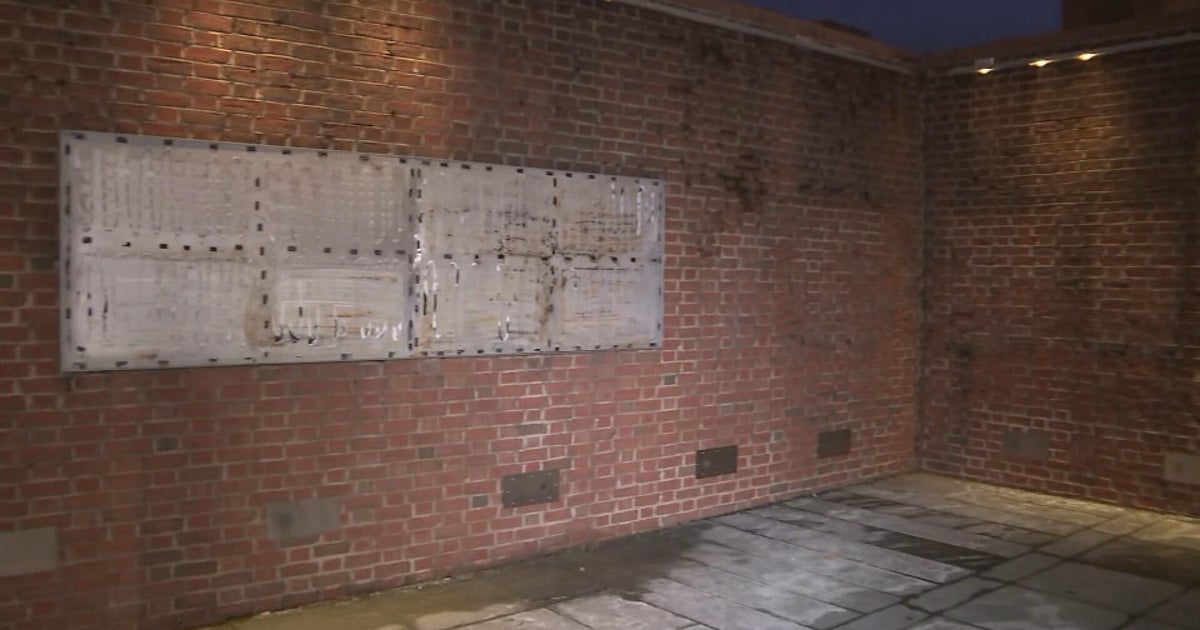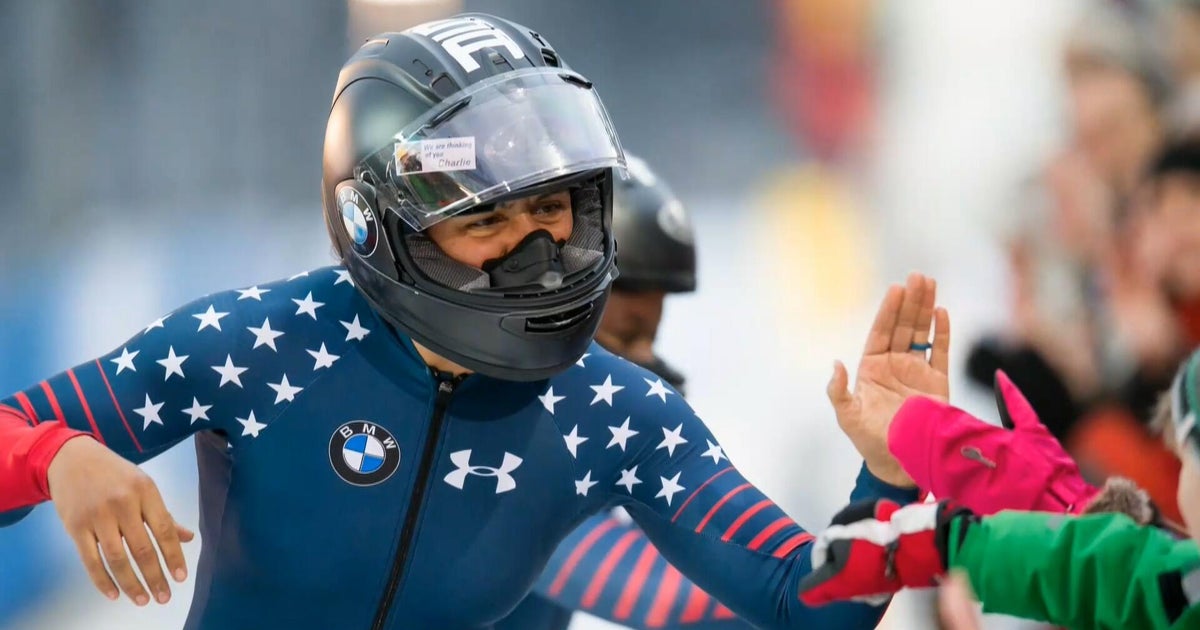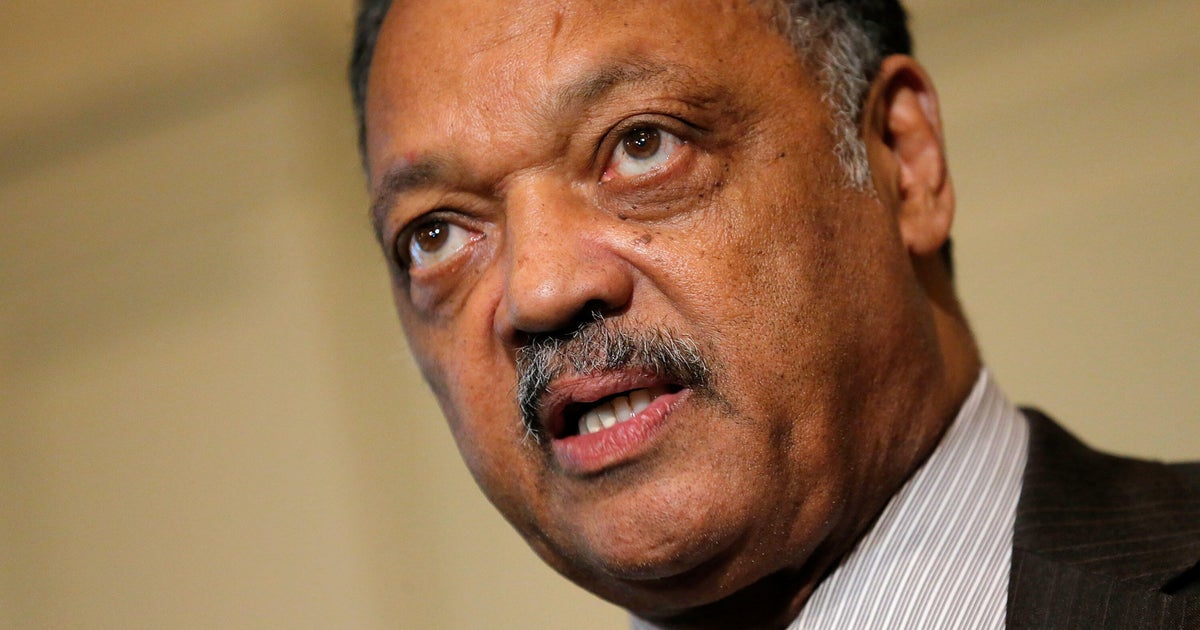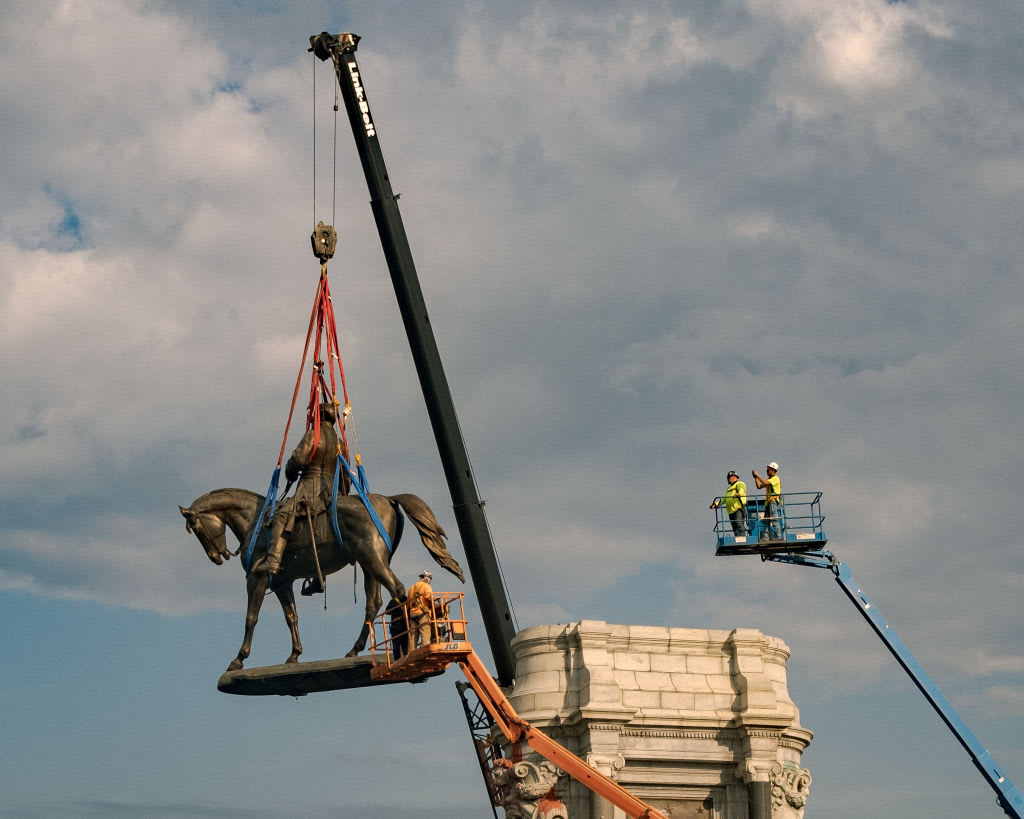Son of American slave reflects on father's lessons: "He gave me the signal to be strong and to survive"
As America continues to observe Black History Month, it's hard to believe there are still people alive today who had a parent born into slavery. One of the few left is 89-year-old Daniel Smith, whose father was born the property of a White man.
CBS News' chief legal correspondent Jan Crawford spoke with Smith about his incredible story, which reflects the arc of race relations in America — from slavery to civil rights activism, and the fight to end systemic discrimination.
The messages that Smith heard from his father — a freed slave, a survivor, the strongest of the strong — are similar to what many other children of freed slaves heard from their parents.
"We are survivors," Smith told Crawford in an interview that aired Wednesday on "CBS Mornings."
His father, Abram, was born into bondage in Virginia in the early 1860s. He was 70 when his youngest son, Smith, was born. Smith remembers how his father used to tell him stories about the inhumanity their ancestors suffered and survived.
"Father said, 'You could hear them screaming and crying at the whipping post,'" Smith said. "But the interesting thing: my father never allowed you to talk negatively about America."
Smith said his father believed, like other freed slaves, that in this new America, his young son would be great.
"He grabbed me and shook me. He said, 'You have nothing to cry about. This is America. We came from the strongest of the strong. We survived the ships,'" Smith said.
"He gave me the signal to be strong and to survive," he said.
In fact, Smith said, his father taught him to do more than just survive, but also thrive and fight for true freedom.
Smith's living room is a testament to his generation's struggle for equality, with pictures of him with several civil rights leaders, including the late John Lewis. He was there for Martin Luther King, Jr.'s March on Washington and remembers hearing King's "I Have a Dream" speech.
"I was saying, 'yes' and 'yes,'" he said.
Smith followed that dream to Alabama, where he helped lead the fight for voting rights. He witnessed firsthand the terror.
He remembers the Ku Klux Klan torching his office, and one night while driving, a car full of White men chased him down a dark road.
"Then, all of a sudden, boom! They hit me," Smith said.
As he sped up as fast as he could, the men came alongside him and, using racial slurs, told him to pull over, Smith said.
"And I said, 'No, this Black c**n is not pulling over.' Because if they catch you, you're gone," he said.
Smith said he wasn't scared, but he was angry. It's a feeling that "stays with you" to this day, he told Crawford.
Smith went on to have a successful career in government and then served as head usher at the Washington National Cathedral, where he led presidents to prayer.
An incredible life, inspired by a generation history forgets.
"We want to think that that happened so long ago," said author Sana Butler, who noted that other children of freed slaves heard similar messages from their parents.
In her book "Sugar of the Crop: My Journey to Find the Children of Slaves," Butler spoke to more than a dozen children of slaves, all of whom are now gone. Instead of anger, they were taught, like Smith, they could do anything.
"Mothers and fathers said, 'We didn't survive for you to be anything other than great,'" Butler said.
"After the Civil War, Blacks truly believed the worst was over," she said. "So they had this immigrant mentality that we are going to go out and achieve everything that we can."
They didn't anticipate the barriers White America would erect. But their message, like the one from Smith's father, was, "You are the strongest of the strong."
"People always say, 'It can't be done. You can't do this. You can't do that.' I don't believe that. If you tell me that, I'm going to do it," Smith said.
Smith acknowledges that America has made much progress, but he said it's not nearly enough.
"When I voted for [Barack] Obama, I was shaking," he said. "I couldn't believe I was doing this. A Black man? No, we've made a lot of progress."
However, "we cannot continue as a nation with people hating each other," he said.
His message to the future is for people to be kind.
"We need more kindness," he said. "And I look back, in terms of my crazy life, and I think it all came from my father saying, 'Do good things. Do good things.'"
Smith, who turns 90 next month, is planning to share his story in a book that he is writing with his wife, Loretta, called "Son of a Slave." It's a reminder that that dark chapter of America's history is not that far in the past.



